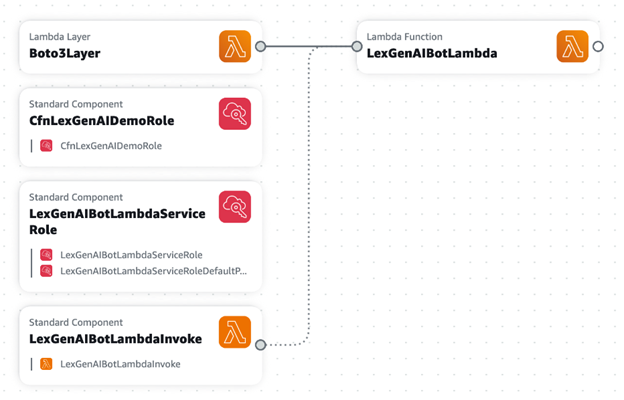AWS Compute Blog
Category: Serverless
Serverless ICYMI Q1 2024
Welcome to the 25th edition of the AWS Serverless ICYMI (in case you missed it) quarterly recap. Every quarter, we share all the most recent product launches, feature enhancements, blog posts, webinars, live streams, and other interesting things that you might have missed! In case you missed our last ICYMI, check out what happened last […]
Automating chaos experiments with AWS Fault Injection Service and AWS Lambda
This blog post details how to run chaos experiments for serverless applications built using Lambda. The described approach uses Lambda extension to inject faults into the execution environment. This allows you to use the same method regardless of runtime or configuration of the Lambda function.
Sending and receiving CloudEvents with Amazon EventBridge
Amazon EventBridge helps developers build event-driven architectures (EDA) by connecting loosely coupled publishers and consumers using event routing, filtering, and transformation. CloudEvents is an open-source specification for describing event data in a common way. Developers can publish CloudEvents directly to EventBridge, filter and route them, and use input transformers and API Destinations to send CloudEvents […]
Comparing design approaches for building serverless microservices
Developers often move from single responsibility functions to the Lambda-lith when they architectures demand it, but both approaches have relative trade-offs. It’s possible to have the best of both approaches by dividing your workloads per read and write operations.
Introducing the .NET 8 runtime for AWS Lambda
This post is written by Beau Gosse, Senior Software Engineer and Paras Jain, Senior Technical Account Manager. AWS Lambda now supports .NET 8 as both a managed runtime and container base image. With this release, Lambda developers can benefit from .NET 8 features including API enhancements, improved Native Ahead of Time (Native AOT) support, and […]
Re-platforming Java applications using the updated AWS Serverless Java Container
This post is written by Dennis Kieselhorst, Principal Solutions Architect. The combination of portability, efficiency, community, and breadth of features has made Java a popular choice for businesses to build their applications for over 25 years. The introduction of serverless functions, pioneered by AWS Lambda, changed what you need in a programming language and runtime […]
Build real-time applications with Amazon EventBridge and AWS AppSync
Directly invoking AWS AppSync GraphQL API targets from EventBridge simplifies and streamlines integration between these two services, ideal for notifying a variety of subscribers of data changes in event-driven workloads. You can also take advantage of other features available from the two services.
Invoking on-premises resources interactively using AWS Step Functions and MQTT
Accessing on-premises resources with workers controlled via Step Functions using MQTT and AWS IoT Core is a secure, reactive, and cost effective way to run on-premises jobs. Consider updating your hybrid workloads from using inefficient polling or schedulers to the reactive approach described in this post.
Consuming private Amazon API Gateway APIs using mutual TLS
This post explores ways to provide mutual TLS authentication for private API Gateway endpoints. A previous post shows how to achieve this using a self-managed NGINX proxy. This post simplifies the architecture by using the native mTLS support now available for Application Load Balancers.
Using generative infrastructure as code with Application Composer
This post is written by Anna Spysz, Frontend Engineer, AWS Application Composer AWS Application Composer launched in the AWS Management Console one year ago, and has now expanded to the VS Code IDE as part of the AWS Toolkit. This includes access to a generative AI partner that helps you write infrastructure as code (IaC) […]









